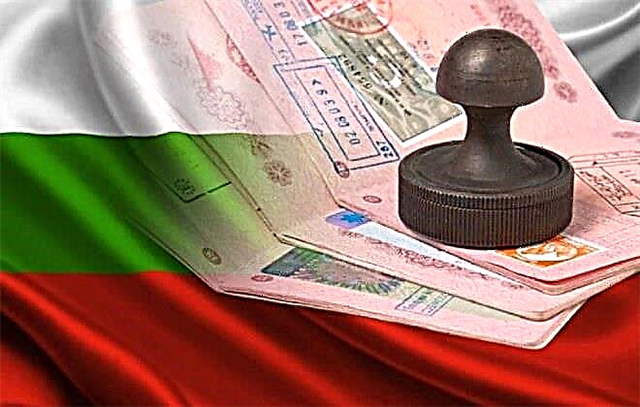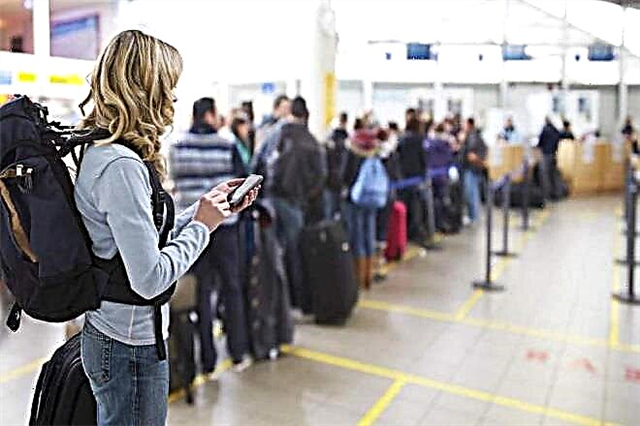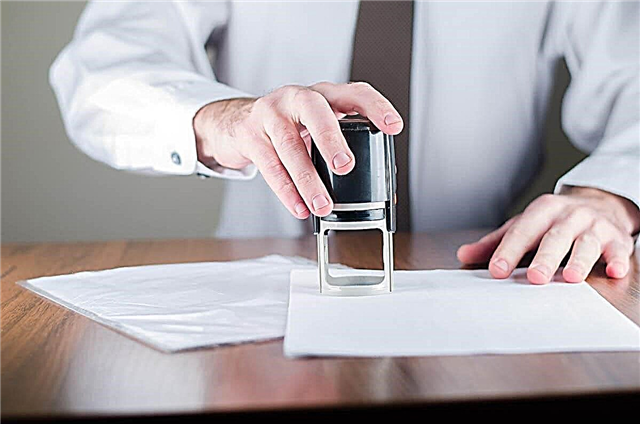According to the provisions of the "Fundamentals of Legislation on Notaries of the Russian Federation", practicing notaries have the right to certify the authenticity of copies of documents issued by state authorities, as well as individuals and legal entities. Such documents include a civil passport, a certified duplicate of which may be required under different circumstances.
About the concept
 As follows from the definition, a notarized copy of a passport is a duplicate of an identity card (a citizen of the Russian Federation or another state), whose identity to the original is confirmed by a valid notary (that is, a person who has an appropriate license and membership in a regional notary chamber).
As follows from the definition, a notarized copy of a passport is a duplicate of an identity card (a citizen of the Russian Federation or another state), whose identity to the original is confirmed by a valid notary (that is, a person who has an appropriate license and membership in a regional notary chamber).
In fact, such a copy looks like several standard A4 sheets stapled together, containing images of all the spreads of the original.
All sheets of the copy are numbered, while the compliance of the information provided in them with the original document is confirmed by a mark containing:
- The actual location of the original (for example, "at the owner");
- Confirmation of the conformity of the information (most often - "the copy is correct");
- Position, full name and signature of the certified notary;
- Date of assurance;
- The official stamp of the established form, the obligatory details of which:
- Full name of the notary;
- TIN (the notary himself, or the organization on behalf of which he acts);
- Designation of a notary district;
- Details of the seal manufacturer's certificate.
Necessity of presentation
Certification of a duplicate passport is required to perform a number of legally significant actions, in particular when:
- Registration:
- As an individual entrepreneur;
- Property rights to a real estate object (regardless of the intended purpose);
- Registration:
- Mortgage and / or cash loan;
- Documents for the right to temporary and permanent residence in the Russian Federation (for foreigners);
- Passing a number of other significant from a legal point of view procedures.
You May Also Like
Thus, the presentation of the document in question is most often required:
- Territorial divisions:
- Federal Tax Service of the Russian Federation;
- Ministry of Internal Affairs of the Russian Federation;
- Property departments under local municipalities;
- Credit institutions;
- Other organizations, whose administrative regulations stipulate the need to provide certified copies.
The very need for a certified copy of the passport in a number of situations is due to the requirements of the current procedural rules. A certified duplicate (together with other submitted documents) is attached to the applicant's file and in fact is only a carrier of information, the accuracy of which has been confirmed by an authorized person.
When certification is not required
Possible options are not limited to the specified procedures and legal entities. In fact, any organization or person can require a certified copy. However, the applicant is obliged to submit it only if there is an appropriate legal norm. In most possible situations, the need for certification is not provided for by law.
In particular, the certification of a copy is not required if (the condition is the presence of the original document on hand):
- University admission;
- Employment;
- Attachment to the clinic (and / or receiving medical assistance);
- Filing a lawsuit;
- Registration of a child in a kindergarten and / or school;
- Pensions (and other similar payments).
Equivalence to original
According to the aforementioned "Fundamentals", a certified copy of a document (including a passport) does not have the legal force of the original. This is due to the fact that the main purpose of certification is not to create a full-fledged replacement for the original document, but only to confirm the identity of the content of the original and the duplicate.
Moreover, any photocopy (including one certified in the manner in question) of the document loses any force if:
- Making any changes to the original (for example, after putting a new stamp in the passport when re-registering at the place of residence due to relocation);
- Loss of the original document (due to its loss, theft, damage, etc.);
- Replacement of the original when the owner reaches the appropriate age.
You May Also Like
Thus, a duplicate can be used by a citizen only as a carrier of passport data. Nevertheless, in a number of situations, its presentation will be sufficient.

For instance:
- When booking and buying tickets for railway, air or road transport (however, at the time of sending, you will need an original passport);
- For personal identification before law enforcement officers (however, the bearer may be detained until the information provided to him is verified);
- In other situations, when the passport data of a citizen is already at the disposal of an organization that requires the presentation of an identity card.
Copy requirements
By certifying the correctness of the copy, the notary is not responsible for the content of the original document. Nevertheless, immediately before certification, the integrity of the passport (the document itself, as well as the holograms and the laminating layer) and the presence of all the required details are checked.
The copy submitted for certification must:
- Be printed using specialized copying equipment and without the use of dyes that can be easily removed from the paper;
- Contains all 11 spreads of the original (including both endpapers), arranged in order and in a 1: 1 scale.
In this case, the number of sheets does not matter (i.e. several spreads can be placed on one sheet). In addition, all sheets must be bound in a manner that does not compromise the integrity of the copy.
Other requirements:
- Absence:
- Previously unspecified postscripts or strikethroughs (including in pencil);
- Corrections (for example, areas processed by the proofreader);
- Traces of pollution, mechanical damage and / or other defects;
- In terms of content:
- Full readability of all details (as well as other information);
- Full compliance of the information contained with the original document.
A copy of a foreign passport can be certified only if there is a notarized translation and / or the responsible notary knows the language in which the document is drawn up.
How to certify a copy
In order to certify a copy of a passport (or other document, the notarization of which is allowed by law), you need:
- Make a copy of all pages of the passport (for example, at the post office or in a specialized copy center);
- Find out the location of the nearest organization of the required profile (or a practicing private notary);
- Check for a valid license to provide services (in most cases, such information can be found on the Internet);
- Go to the address of the location of the chosen organization (with the original and a copy of the passport) and pay the cost of the certification.
For minors and / or disabled citizens, documents can be submitted by their legal representatives (for example, one of the parents). In this case, it will also be necessary to present a document giving the submitter the right to represent the interests of the designated person (for example, an appropriate power of attorney).

However, in a number of situations (in particular, to perform legally significant actions on the territory of a foreign state), a Russian citizen may be required to have a copy certified in a different (than the considered) way.
In this case, a duplicate can be certified at the consular department at the embassy:
- Another state - if the holder of the passport is actually in Russia;
- RF - if the applicant is outside the Russian territory.
In addition, other departments (for example, a local municipal authority) will also be able to assure the correctness of a duplicate on the territory of a foreign state. However, in the Russian Federation, such an assurance will not be valid.
Certification cost
According to paragraph 26 of Art. 333.24 of the Tax Code of the Russian Federation, notarization of copies of documents is subject to state duty in the amount of 100 rubles... However, how much the certification will cost depends primarily on the size of the tariff.
Tariffication conditions are not regulated by the current regulatory framework. Average price of certification of 1 page (sheet) varies within the limit from 100 to 150 rubles The cost of other services (for example, making a copy directly at a notary's office) is most often not included in the tariff.
An example of calculating the cost. Provided that the tariff is 120 rubles. and the copy includes 6 sheets (2 spreads on 5 sheets and 1 on one), certification will cost a citizen at 820 rubles. (6 sheets × 120 rubles tariff + 100 rubles duties).
Possibility of self-assurance
According to the norms of Russian law, without being a licensed notary (or other authorized person), it is impossible to certify the correctness of a copy of your own (as well as someone else's) passport. Such a duplicate can only be used as a carrier of passport data, since any certifying marks have no legal force without an appropriate state stamp.
To certify the correctness of the copy of the passport, you must contact a notary organization, or a practicing private notary. Certification of a duplicate by other persons is possible only if there is an appropriate legislative norm.











